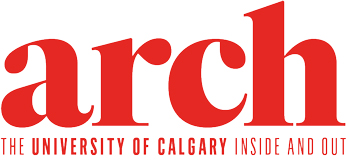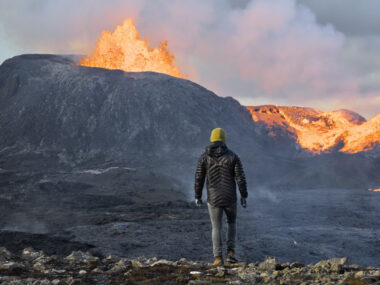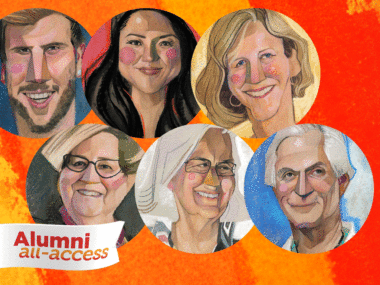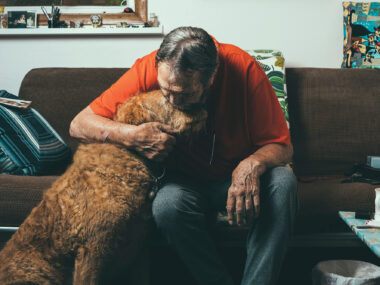Written by Jacquie Moore, BA’97
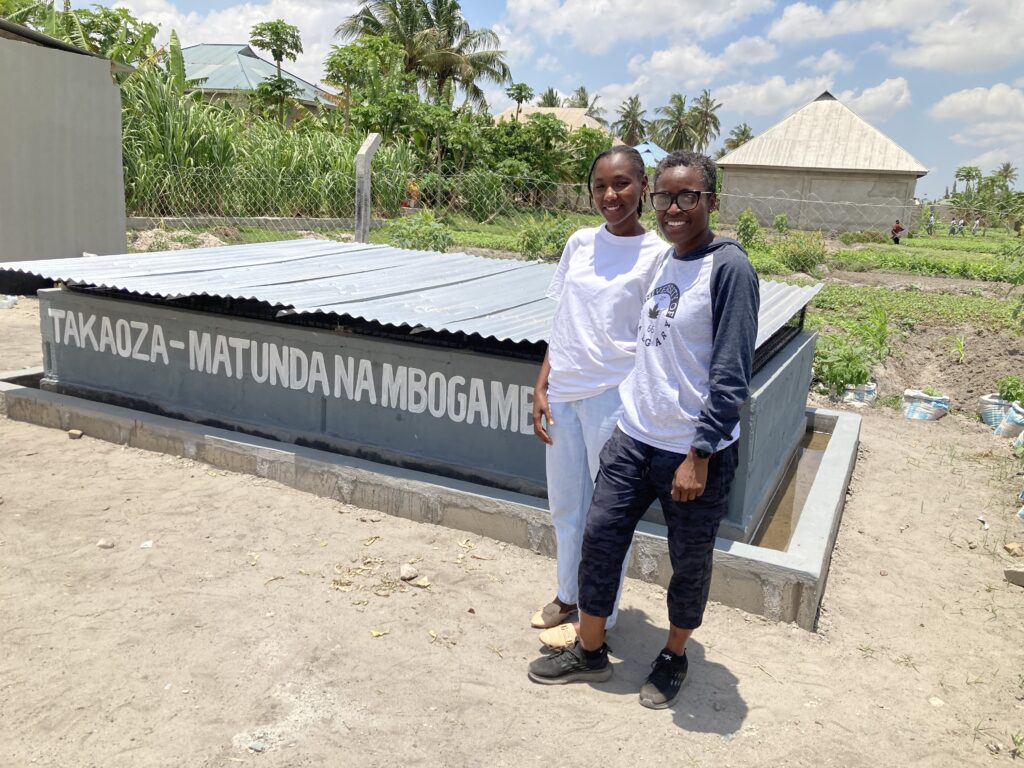
In this part of the world, garbage collection is a beautiful thing: sort your waste, put it outside and — voila! — it disappears at the next scheduled pick-up. More than a quarter of the world’s population, however, does not have access to essential waste collection. Indeed, imagine living near an open dump, which is the norm in many low-income countries. Without waste management, vermin infestation and overwhelming odour are only minor problems compared to the devastating human health and environmental impacts of contaminated ground and surface water.
According to Tinuke Chineme, MSc’18, a PhD candidate in environmental design at the University of Calgary’s School of Architecture, Planning and Landscape, the adverse impacts of unregulated waste-disposal sites, “disproportionately affect women because of their caregiving responsibilities to sick family members and their household waste-disposal responsibilities.”
It’s a challenge that can be addressed, she says, “by expanding the domains in which gender considerations are made, including waste discourse.” Chineme’s research project explores an emerging biowaste-management method that could positively impact health and environmental issues, as well as promote gender equality in Tanzania and beyond.
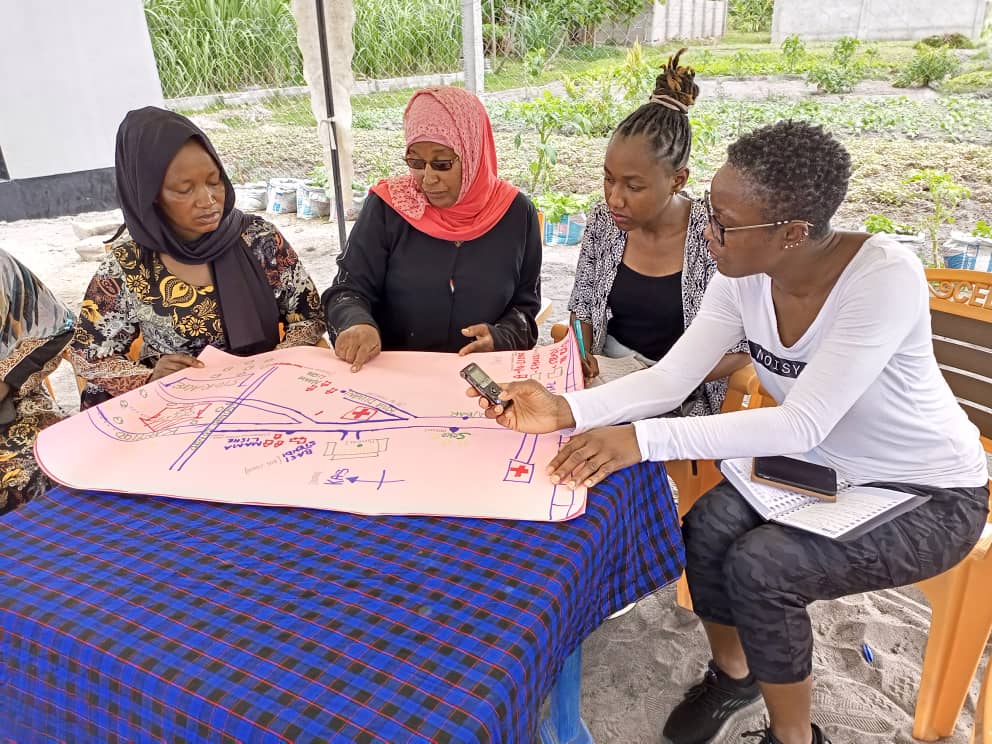
Chineme holds an undergraduate degree in civil engineering from the University of Ibadan, Nigeria (her home country), and an MSc in sustainable energy development from UCalgary; she’s interested in, and adept at, solving technological challenges. As she dug deeper into her graduate work, however, she found her heart more aligned with solving social issues — particularly supporting socioeconomic independence for women in male-dominated cultures.
Enter the common black soldier fly (BSF).
Famously able to consume and reduce mass quantities of organic waste, BSFs can generate protein-rich larvae that can be used for animal feed (they can produce more meat in a year than 130 acres of soybeans). BSF larvae diet and waste treatment reduces land use, water and energy consumption; in fact, the commercial rearing of larvae using food waste is already practiced in Canada, Kenya, Indonesia and other parts of the world. Chineme says this type of biowaste treatment was, however, markedly absent in communities directly impacted by open dumps. Until now, that is.
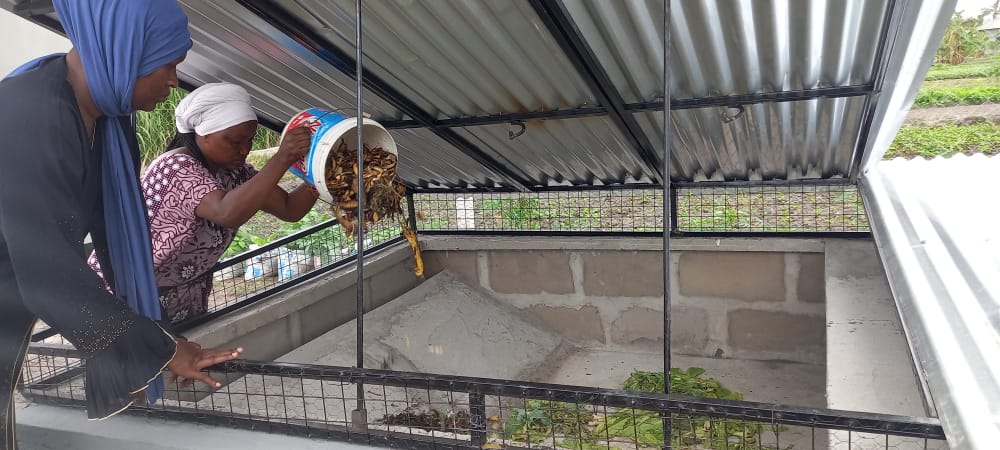
Along with a non-governmental organization called Amref Health Africa, Chineme co-designed and co-implemented a BSF processing unit initiative, currently in the pilot stage, run by 10 local women. “Through this initiative, women can collect biowaste, expose it to these flies, and sell the soil fertilizer and nutrient-rich larvae to make a living,” says Chineme. The purpose-built bin used in this project was constructed late last fall and is used to collect biowaste from households as well as markets and farms.
In March 2023, Chineme will return to Tanzania to check in on the project’s successes and challenges and learn whether the women have managed to fulfil their collective desire to expand the program by training other women in the cultivation of the valuable larvae.
Meanwhile, Chineme says she’ll keep striving to discover and promote self-agency and financial independence for women, underpinned by ideas that are “simple, affordable and profitable.” That, she says, “is the key to making technology work, and solutions last.”
